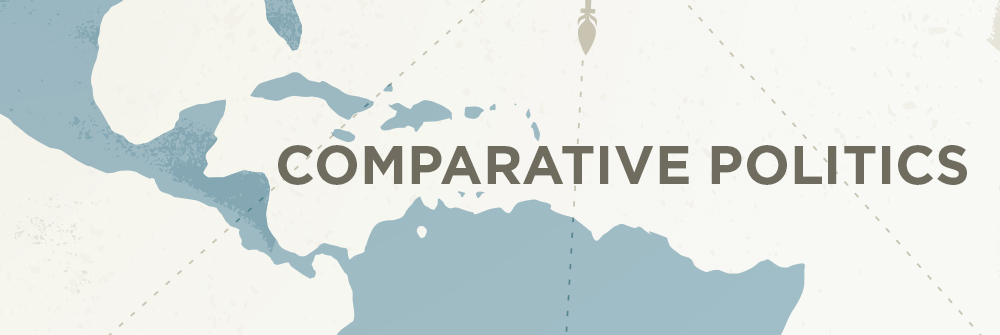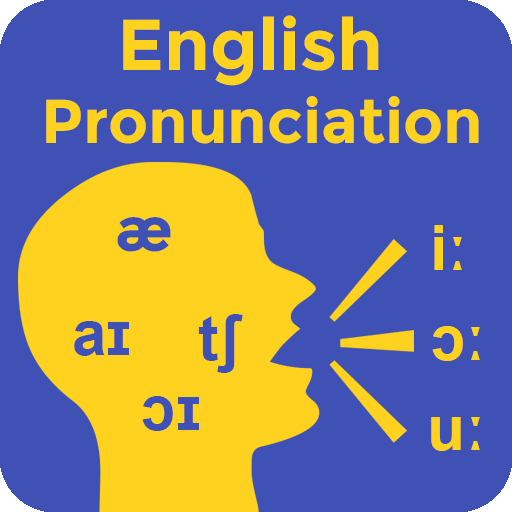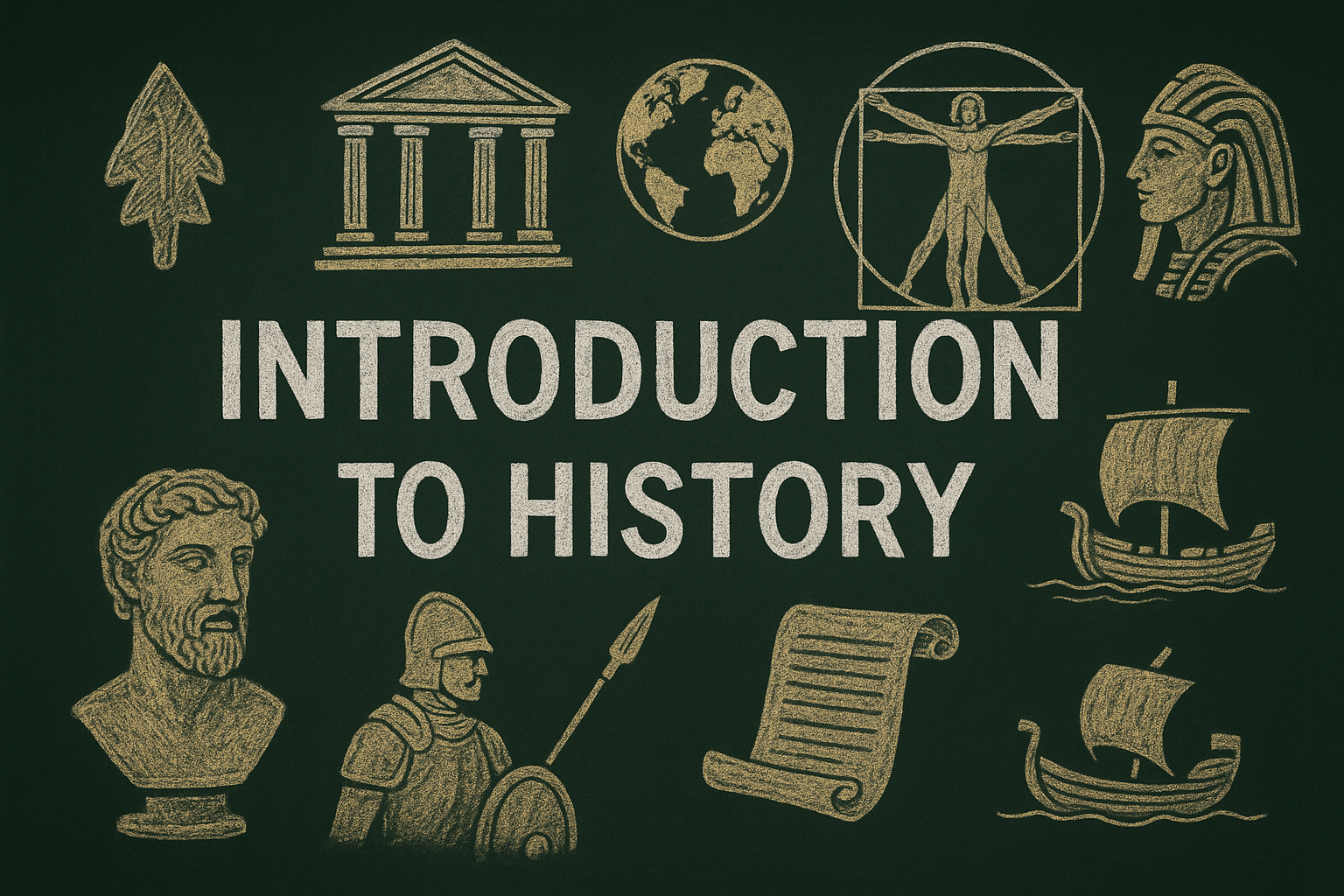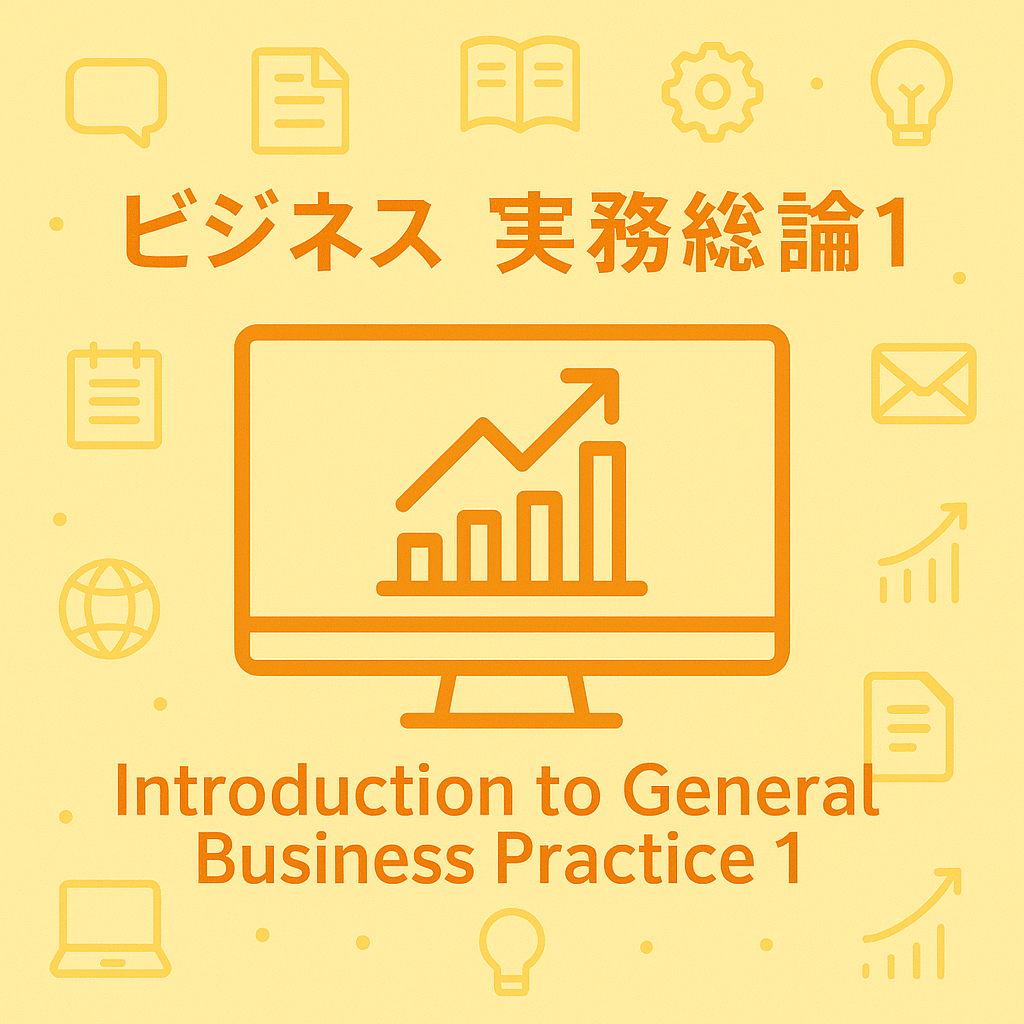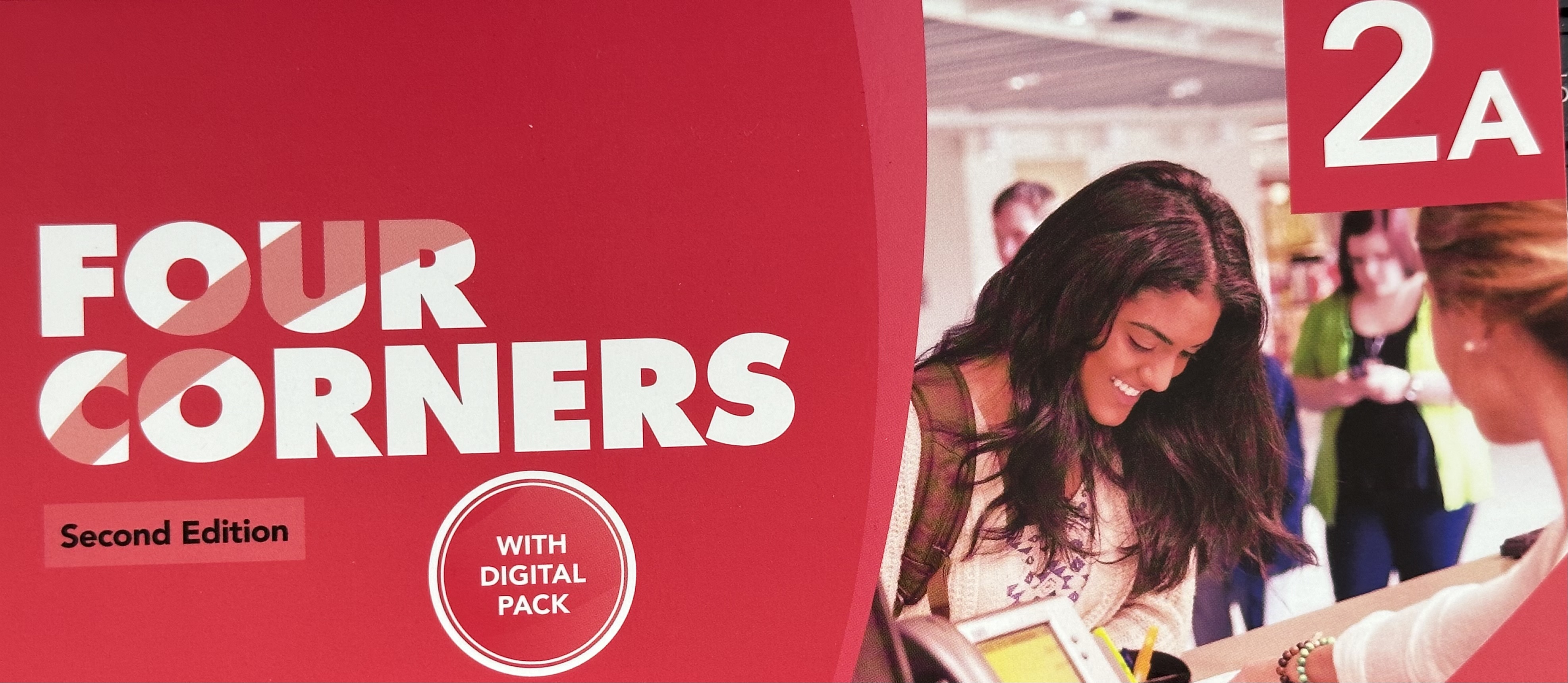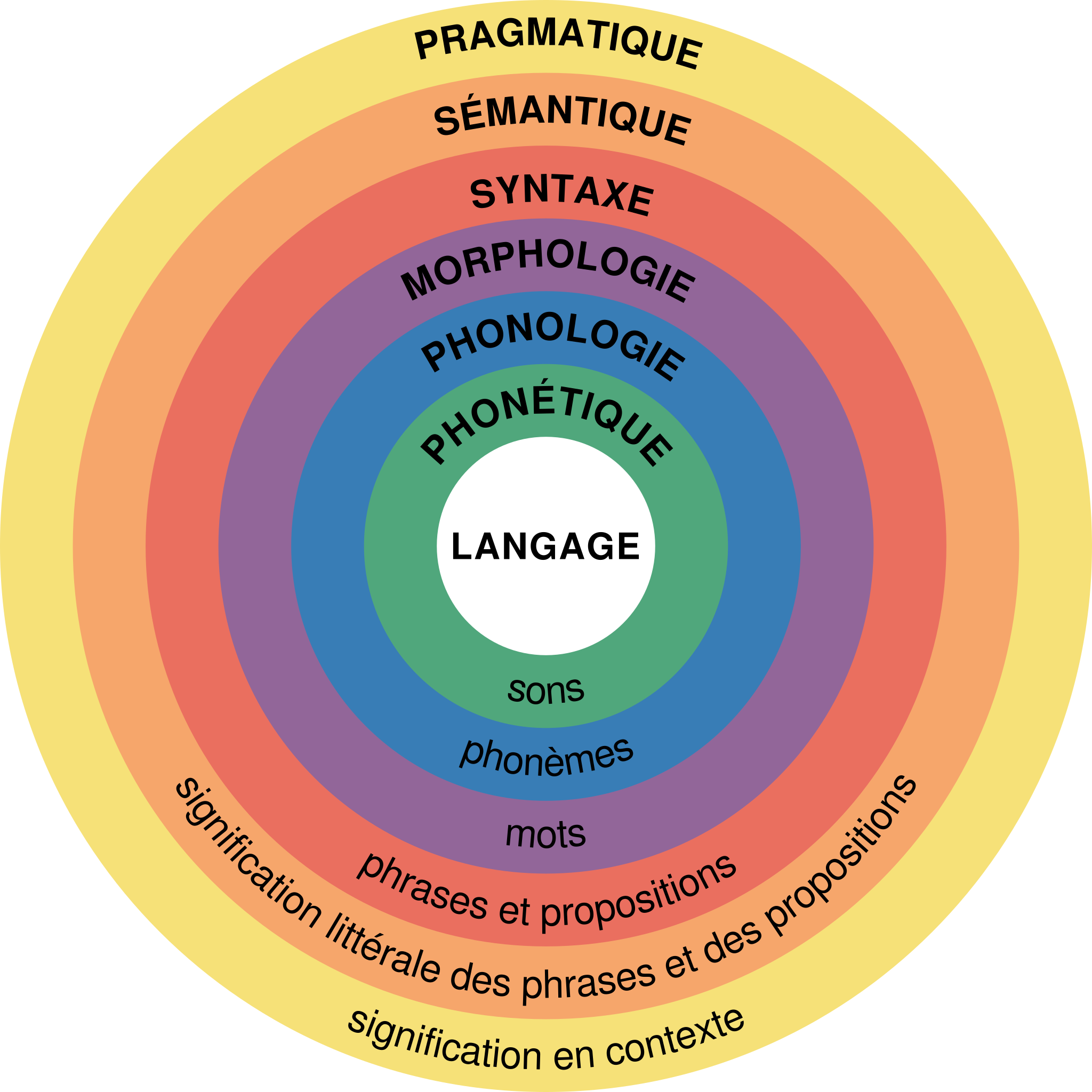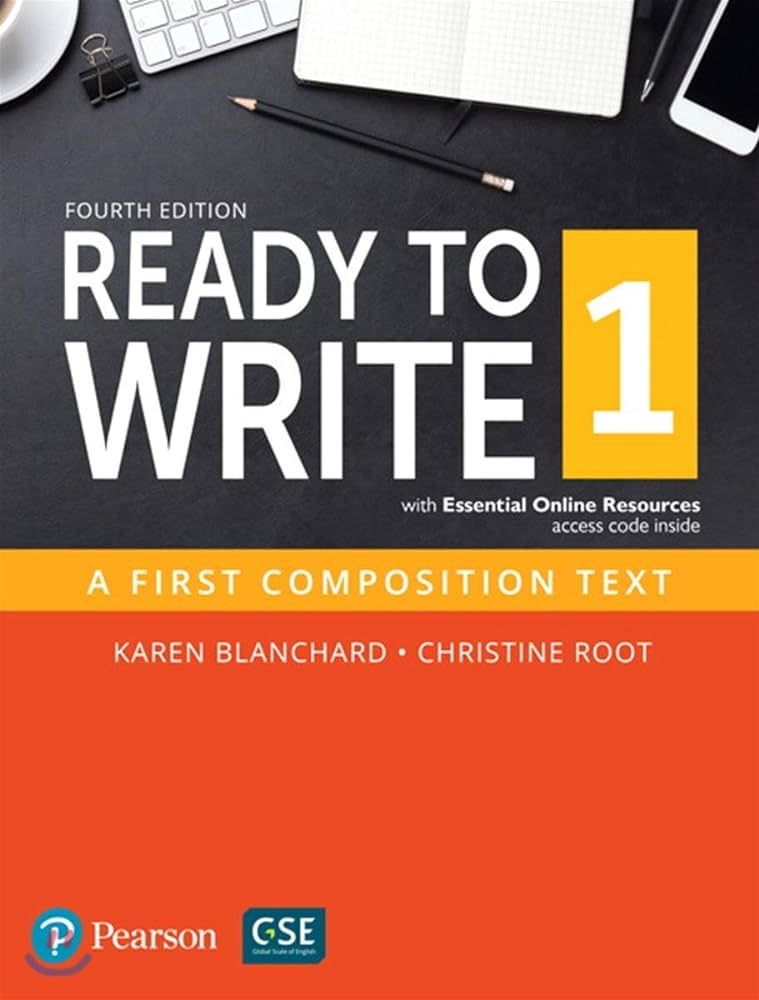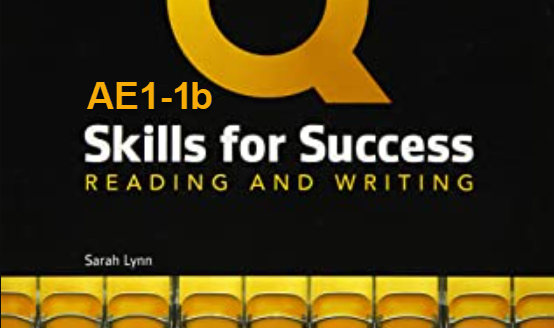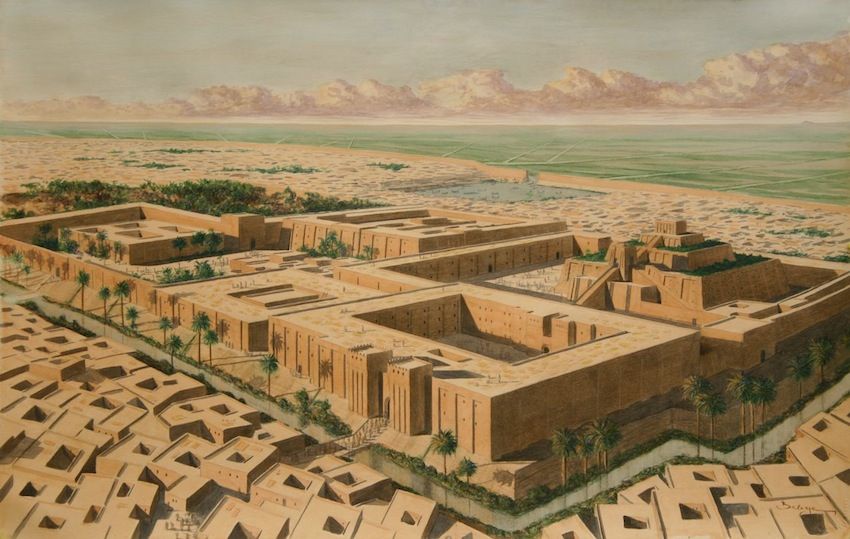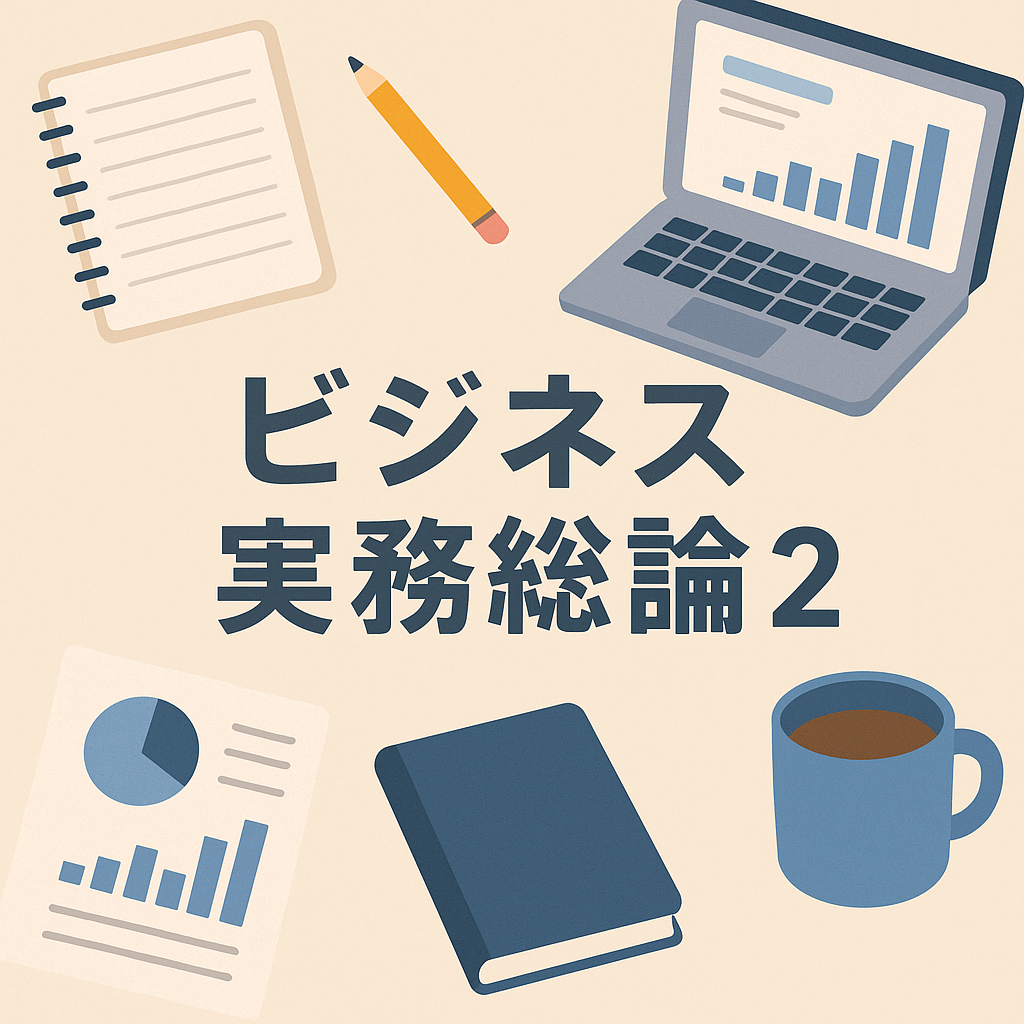- Teacher: Thomas Spiegel
Available courses
Build your own career plan,
focusing on company research and application form preparation with an eye
toward job hunting in Japan.

- Teacher: Ikuko Hayase
- Teacher: Sugene Kim
- Teacher: Thomas Spiegel
Radically transformed economics education can contribute to a more just, sustainable, and democratic world in which future citizens are empowered by a new economics to understand and debate how best to address pressing societal problems.
Our mission, to achieve the above vision, is to
- Global focus on the most important problems faced by our societies including climate change, injustice, innovation and the future of work,
- put you (the student) at the center of pedagogy using learning materials and experiences attuned both to the societal problems that students care about and to how students acquire facility and confidence in using and communicating economics,
- make knowledge freely available on a global scale by providing high-quality open access educational resources,
- help change who studies economics to include more women and other underrepresented groups by changing content, pedagogy and access to knowledge.
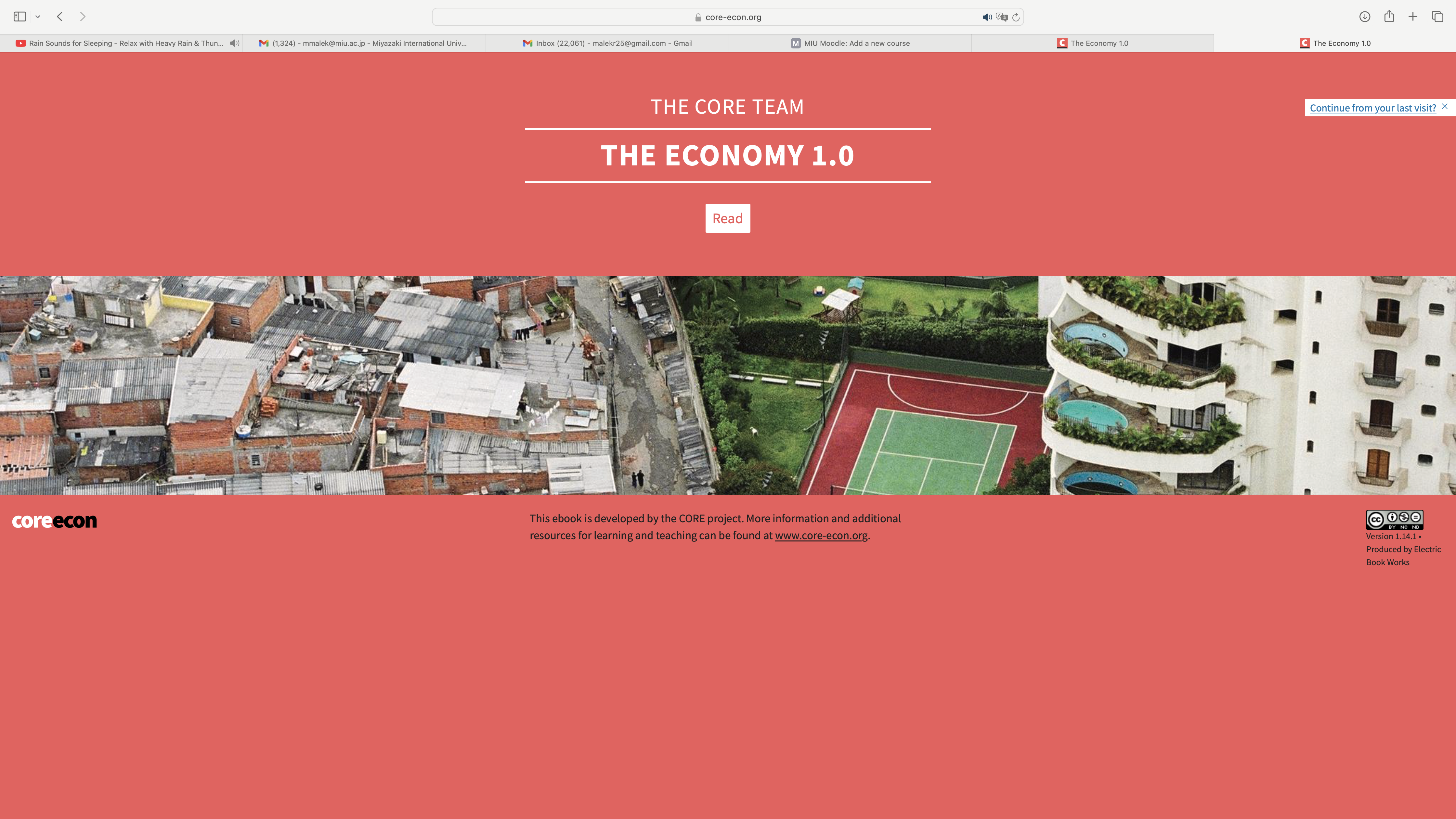

- Teacher: Ikuko Hayase

- Teacher: Ikuko Hayase
- Teacher: Ikuko Hayase
- Teacher: Miyuki Naito
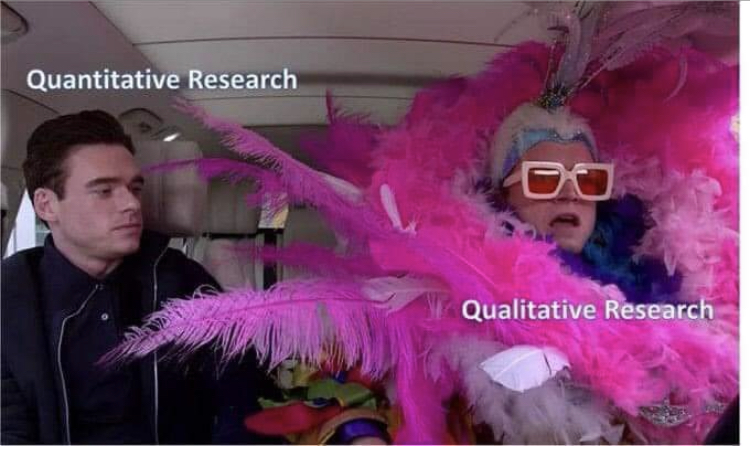
- Teacher: Debra Occhi
This course serves as an introduction to the
fundamental principles and applications of marketing within the context of the
hospitality and tourism industry. Students will explore the core concepts of
marketing and their specific relevance to this dynamic field, gaining insight
into diverse marketing strategies. The course covers essential
topics such as foundational marketing principles, the marketing system, effective market segmentation,
targeting strategies, and a comprehensive understanding of the 8 Ps - the
marketing mix within hospitality and tourism. Beyond theoretical knowledge,
this course is designed to cultivate critical thinking abilities among
students, enabling them to analyze and apply marketing theories and concepts
within real-world scenarios in the hospitality and tourism sector. Emphasis is
placed on leveraging these marketing strategies to attain a competitive edge in
the industry, equipping students with practical skills and a strategic mindset
necessary for success in this dynamic field.
- Teacher: Raweewan Proyrungroj

- Teacher: Jason Adachi
- Teacher: Gregory Dunne
- Teacher: Hironori Hayase
- Teacher: Anne Howard
- Teacher: Shigeo Kuwabara
- Teacher: Pawel Mlodkowski
- Teacher: Debra Occhi
- Teacher: Raweewan Proyrungroj
- Teacher: Marc Waterfield
- Teacher: Craig Yamamoto

- Teacher: Jason Adachi
- Teacher: Kyoko Arisawa
- Teacher: Hironori Hayase
- Teacher: Ikuko Hayase
- Teacher: Anne Howard
- Teacher: Futoshi Kobayashi
- Teacher: Shigeo Kuwabara
- Teacher: Masashi Toyama
- Teacher: Marc Waterfield
- Teacher: Craig Yamamoto
Explore the definitions, organizational structures,
and operational processes of tour operators and travel agencies. Learn about
tour product development, itinerary planning, negotiation strategies with service
providers, tour costing, and the essentials of tour planning for seamless
execution.
- Teacher: Raweewan Proyrungroj
- Teacher: Brendan Rodda
- Teacher: Paul Richards
- Teacher: Aya Kasai
- Teacher: Takamasa Kurogi
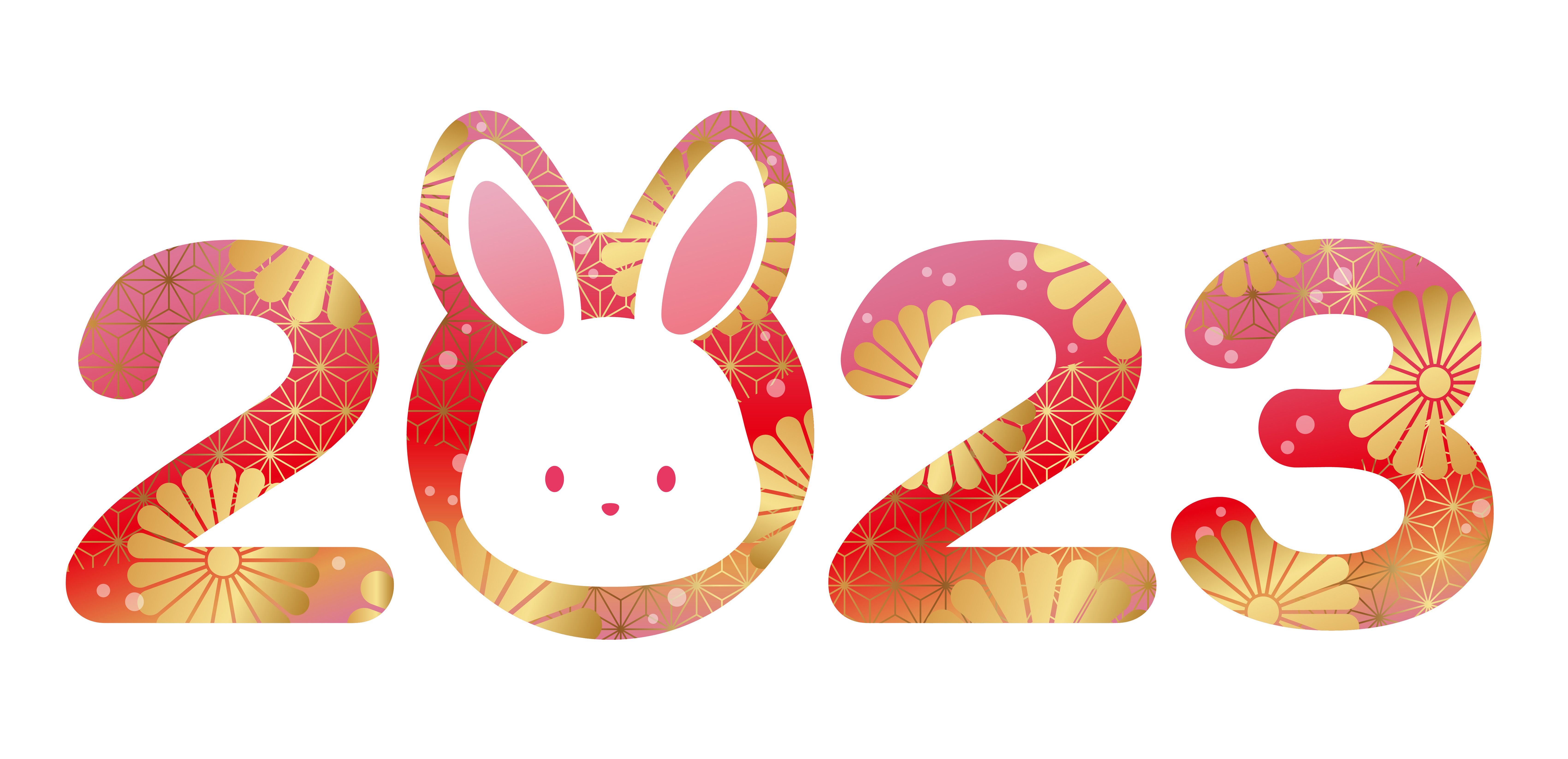
- Teacher: Hironori Hayase
- Teacher: Ikuko Hayase
- Teacher: Ikuko Hayase
- Teacher: Brendan Rodda
- Teacher: Craig Yamamoto

- Teacher: Paul Richards
- Teacher: Brendan Rodda
This is a place for students to get extensive listening in the form of podcasts on topics related to class textbooks and other relevant themes.
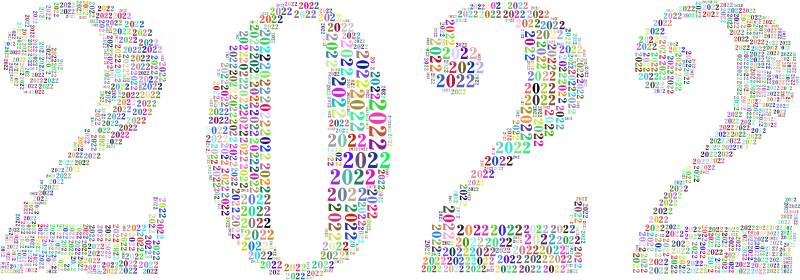
- Teacher: Anderson Passos
- Teacher: Keiko Sakamoto
The course will help you to get familiar with academic English, particularly in terms of the application of critical thinking when you read and write. In order to pass the course you need to attend at least 67% of the classes and do all the course work and quizzes. This website is used for sharing links and for you to upload assignments.

- Teacher: Ellen Head
This course is a combination of formal study, including activities to introduce students to the local area, and experiential learning adapted to the capacities and qualifications of individual students. This individualized study deepens the students’ understanding of the area in which they are studying.
The course aims to: • Introduce you to organizations working with local culture and issues. • Help you to improve your mastery of communication (writing, listening, presenting) and your ability to summarize, synthesize, and analyze material. • Help you practice skills in organizing group activities. • Sharpen your ability to understand and make strong claims.

- Teacher: Marc Waterfield
- Teacher: Craig Yamamoto
- Teacher: Gregory Dunne
This course is designed to introduce students to the major theories, concepts, and pieces of research in classical sociology. What is society? How did the early social scientists understand the dramatic transfor- mations provoked by capitalism? How did they conceive the organization of the increasingly complex modern societies? The course considers these questions and discusses other related topics. The course is composed of two modules. The first module presents the ‘classical’ sociological theories, notably those elaborated by the ‘founding fathers’ of sociology, (i.e., Comte, de Tocqueville, Marx, Weber, and Durk- heim). The second module focuses on several issues and controversies (i.e., social stratification, social mobility, gender and sexuality, and race) that had great salience in the works of the early sociologists and have an enduring importance for understanding contemporary societies. The course instructor explains theoretical and empirical works, reviews social research methods and, through an active learning ap- proach, stimulates students to think critically about social problems.

- Teacher: Fabio Bolzonar
- Teacher: Ikuko Hayase
- Teacher: Kimiko Kano
This website is a place for students to check various links which are necessary for the course, to upload assignments and to receive feedback. There are two websites you need to master for the course - the Q Skills Online Learning website and the AE 1-4 website on moodle. You can get the link to Q Skills online from inside the moodle website so it is easiest to start here. Please let me know if you have any questions. ehead AT miu.ac.jp

- Teacher: Ellen Head
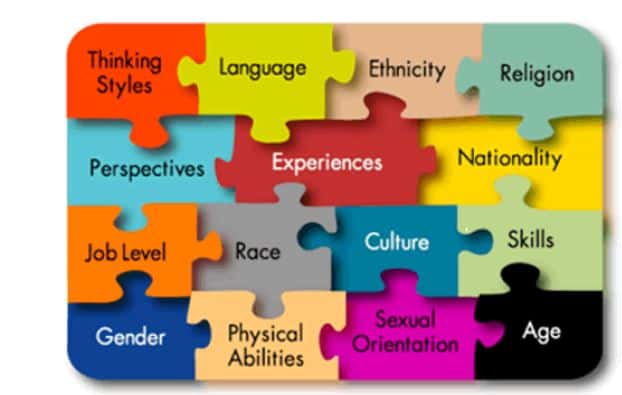
- Teacher: Marc Waterfield
- Teacher: Craig Yamamoto
This course is a two-credit course for first year students. It is a "content and language integrated class." This means that you with use English as a tool to learn about British culture and language. The language used in the course includes some high-level language and the course will ask you to use critical thinking. But you can pass by doing the assignments even if your language level is intermediate.
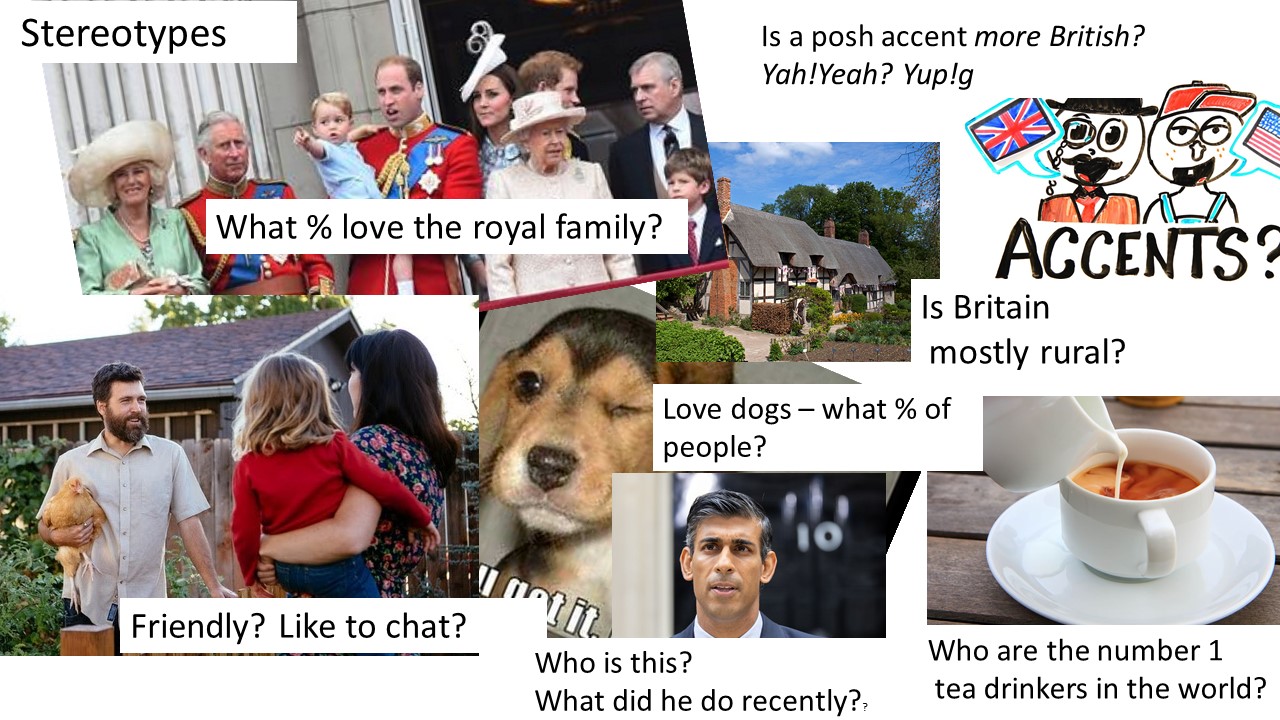
- Teacher: Ellen Head
his course is an introductory course for international students studying at a Japanese university. It provides the knowledge and skills necessary for four years of university study, and also provides specific instruction on MIU’s educational policies, teaching methods, and study methods. It also provides an opportunity to learn about the mindset, rules, and lifestyle habits required to live and smoothly navigate university life in Japan, a country with a different culture, history, lifestyle, and language.
- Teacher: Hironori Hayase
Explore the intersection of tourism and sustainable
development goals (SDGs) in this course. Gain insights into the fundamentals of
tourism and sustainable tourism practices, alongside an in-depth examination of
the background and interdependence of the 17 SDGs. Discover how tourism serves
as a pivotal driver in achieving these global goals, analyzing its impact
across the tourism value chain. Engage with case studies showcasing how
tourism-related businesses integrate SDGs into their operations, fostering sustainability and responsible
tourism practices.
- Teacher: Raweewan Proyrungroj
This is the moodle for Academic English 2-2 with Ellen Head. Please use this site to access the reading passages and other links for the course.
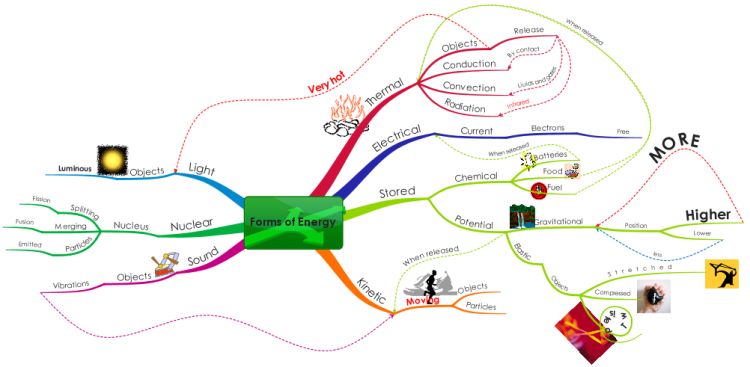
- Teacher: Ellen Head
This
course presents an introduction to the basic conceptual and theoretical tools
for research and analysis in the field of politics. To understand the core
concepts used by political scientists and political theorists, we will be
addressing a broad range of issues that cover the nature of politics and the
structures of authority and power within political systems. During this course,
the students will also explore issues related with the rights and
responsibilities in contemporary representative democracies, as well as the
diversity of different contemporary political systems and ideas in a regional
and global context.

- Teacher: Miku Kishita
- Teacher: Rui Saraiva
- Teacher: Marc Waterfield
The ultimate objective of CE courses is to prepare students for upper division courses at MIC. Students
must achieve minimum scores on standardized exams from outside bodies in order to proceed to their
junior year. This typically requires successfully taking three CE courses. By the end of each course,
students will have mastered the knowledge and skills specified in the prescribed textbook as well as any
supplemental materials provided by individual professors.
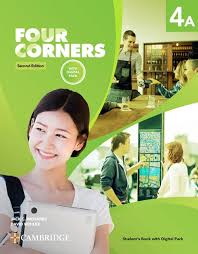
- Teacher: Jason Adachi

- Teacher: Baiko Sai
Explore
the diverse meanings and types of tourism, unravel the classifications of
tourists, and delve into the expansive scope of the tourism industry and its
products. Investigate the advantages and disadvantages of tourism,
gaining a nuanced understanding of its impact on economies, social, and environments. Through engaging
lectures and discussions, discover the multifaceted nature of tourism and its
significance in shaping global travel experiences.
- Teacher: Raweewan Proyrungroj
This is the moodle for LAS 105. You can find resources and upload assignments here.
- Teacher: Fabio Bolzonar
This is Ellen's class for Academic English. We will use the book Q Skills for Success book 3 B. It is good for learning critical thinking! Look forward to seeing you in class.

- Teacher: Ellen Head
Hello everyone!
My name is Rebecca Schmidt and I will be your Academic English instructor. We will work on academic vocabulary, advanced grammar, essay writing, research skills and critical thinking.
We will use the textbook Q Skills for Success: Reading and Writing 4BThe link to online practice is here: https://q3e.oxfordonlinepractice.com/
The class code is C 285 103 0208
You must complete the online work as part of your course grade. Deadlines will be at the end of each unit.
Please get used to using an English-English dictionary. Please avoid translators for learning new words. I recommend using Longman's Learner's Dictionary https://www.ldoceonline.com/ or Oxford Learner's Dictionary
You may email me anytime at rschmidt@miu.ac.jp. My office is room 1-401. My office hours are Mondays 2:00- 5:00. If you want to meet at another time, please email me. It is very important that you read your emails!!
Although I try to answer emails as soon as I can, I cannot promise to respond immediately to emails sent after 5:15 and before 8:30 or on the weekends. You may send them, but please be patient if the reply takes time.
I am looking forward to getting to know you even better.
Let's make learning fun!

- Teacher: Rebecca Schmidt

- Teacher: Jason Adachi
- Teacher: Melody Muguerza

- Teacher: Rebecca Schmidt
- Teacher: Craig Yamamoto
This course is designed to provide students with a comprehensive understanding of Canadian culture and language. The syllabus is divided into two main sections: 70% focused on cultural aspects and 30% on language learning. Through interactive lessons, discussions, and real-life type experiences, students will gain valuable insights into some of the societal aspects of Canada's rich heritage, traditions, and language.

- Teacher: Jason Adachi
- Teacher: Marc Waterfield
The course introduces students
to basic features of the English language (listening, pronunciation, spoken
fluency, vocabulary, grammar, discourse competence, politeness) and evaluates
how different study methods can be used to make improvements in these areas.
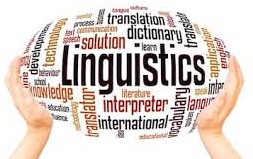
- Teacher: Paul Richards

- Teacher: Gregory Dunne
- Teacher: Brendan Rodda

- Teacher: Nanami Momiki
- Teacher: Melody Muguerza
- Teacher: Anderson Passos

- Teacher: Anderson Passos
The course will serve as an introduction to linguistic topics such as phonology, phonetics, and speech perception and their applications to the the teaching of pronunciation.
Topics of study include:
- Teacher: Ryuto Hatano
- Teacher: Mei Mukai
- Teacher: Momoka Nagasawa
- Teacher: Craig Yamamoto

- Teacher: Anne Howard

- Teacher: Anne Howard
Academic English (AE) is a four-skills course focussing on Cognitive
Academic Language Proficiency (CALP), or academic proficiency (see
references below). The courses are offered
every semester at different CEFR levels.
- Teacher: Brendan Rodda
- Teacher: Anne Howard
- Teacher: Rebecca Schmidt
Continues proficiency development in written and spoken English. Strengthens oral proficiency through various speaking exercises. Develops reading skills through intensive and extensive reading practice. Strengthens written proficiency through practice in organized multi-paragraph essays. Further develops structural accuracy and fluency using more complex forms.
The course develops fluency in basic oral expression through various active learning methods such as pair-work, brainstorming, group discussions, games and activities, role-plays, presentations and active listening. Students are expected to record conversations focusing on a main functional objective with minimal planning and notes while utilizing conversation strategies.
This second semester course continues to challenge students to develop their reading skills through the use of in-class timed readings and comprehension questions, intensive readings with comprehension and vocabulary building activities, and extensive reading conducted mostly outside of class time. Homework consists of reading for meaning, for pleasure, and for the purpose of vocabulary building. Students also engage with software to work on extensive reading, to develop critical reading skills, and to build and practice vocabulary.
- Teacher: Marc Waterfield
The course develops fluency in
basic oral expression through various active learning methods such as
pair-work, brainstorming, group discussions, games and activities, role-plays,
presentations and active listening. Students are expected to record
conversations focusing on a main functional objective with minimal planning and
notes while utilizing conversation strategies.
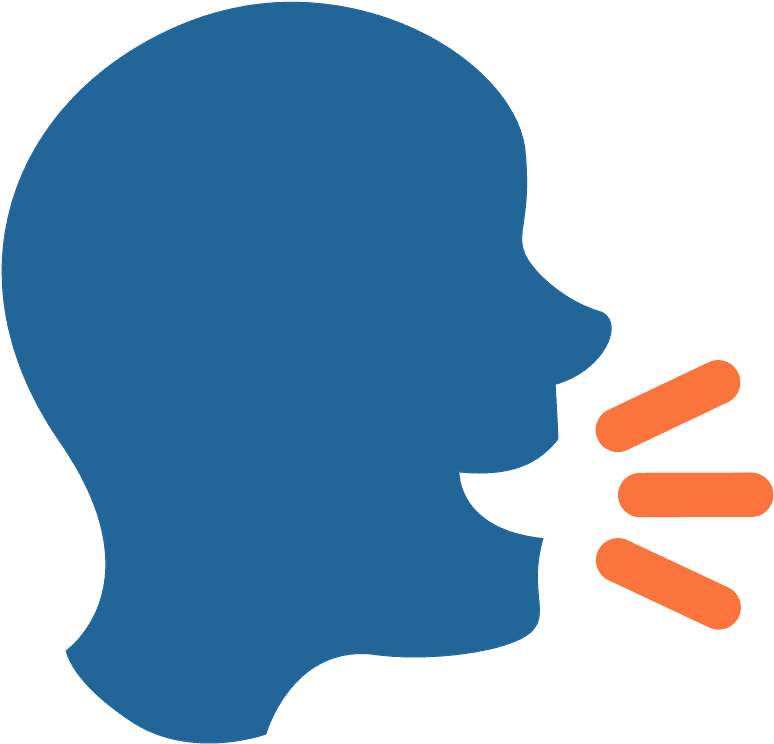
- Teacher: Paul Richards
- Teacher: Brendan Rodda

- Teacher: Anderson Passos
- Teacher: Kenji Yano
This course introduces the literary genres – prose (short stories), poetry, and drama – with an emphasis on developing reading, speaking, and writing skills through the analysis, interpretation, and production of fictional texts. Our emphasis will be to experience literature using active, co-operative methods in order to learn how to respond to literature in ways that are both critically informed, expressive and creative.

- Teacher: Jason Adachi
- Teacher: Gregory Dunne
- Teacher: Anne Howard
- Teacher: Hironori Hayase
- Teacher: Ellen Head
- Teacher: Aya Kasai
This
first semester course focuses on developing reading skills through the use of
in-class timed readings and comprehension questions, intensive readings with
comprehension and vocabulary building activities, and extensive reading
conducted mostly outside of class time. Homework will consist of reading for
meaning, for pleasure, and for the purpose of vocabulary building. The overall goals of the
course are to increase reading fluency, to improve understanding of grammatical
forms and vocabulary encountered in simplified written texts, and to gain
skills and strategies necessary for further development of reading
comprehension. It is hoped that students will also develop an increased
interest in EFL reading.
Introduces initial basic proficiency in fluency and accuracy in spoken English. Develops fluency in basic oral expression. Develops reading skills through regular reading practice. Introduces writing skills form the paragraph level. Introduces vocabulary for academic purposes.
The course develops fluency in basic oral expression through various active learning methods such as pair-work, brainstorming, group discussions, games and activities, role-plays, presentations and active listening. Students are expected to record conversations focusing on a main functional objective with minimal planning and notes while utilizing conversation strategies.
Introduces basic theories of economics. Topics covered
may include: economics as a science; production, specialization and exchange;
demand and supply; elasticity; utility; output and costs; industry structure;
factor markets; business cycles; national output and macro-economic policies;
market failure; and international trade.
- Teacher: Marc Waterfield
- Teacher: Rebecca Schmidt
- Teacher: Brendan Rodda
- Teacher: Brendan Rodda
- Teacher: Brendan Rodda
- Teacher: Anne Howard
- Teacher: Hironori Hayase

- Teacher: Jason Adachi
- Teacher: Jason Adachi
- Teacher: Anne Howard
- Teacher: Mehedi Kayser Pabitra
- Teacher: Thomas Spiegel
- Teacher: Craig Yamamoto
This is a course for students who wish to become teachers of English. The course helps you to think about how to teach writing. You will get some chances to teach each other using textbooks of JHS and HS. Of course, you will also practice writing. Use this Moodle to turn in assignments and to find digital copies of handouts etc.

- Teacher: Ellen Head
This course is designed to develop theoretical knowledge and practical teaching skills regarding subjects and teaching professions. Students will think critically about the MEXT Course of Study with respect to the use of English as an instructional language.
Understand the middle and high school foreign language (English) curricula and textbooks.
Understand the three qualities and abilities outlined in the curriculum (knowledge and skills, thinking, judgment, and expression skills, and abilities related to learning and human development), along with learning goals for each subject area, annual teaching plans, unit plans, and lesson plans.
Be able to understand and practice teaching the four skills (listening, reading, speaking, writing) and intercultural understanding education.
Understand and express personal views and thoughts regarding school English education and the practice of teaching English.
- Teacher: Marc Waterfield
- Teacher: Chung Hsien Lin
The ultimate objective of CE courses is to prepare students for upper division courses at MIC. Students
must achieve minimum scores on standardized exams from outside bodies in order to proceed to their
junior year. This typically requires successfully taking three CE courses. By the end of each course,
students will have mastered the knowledge and skills specified in the prescribed textbook as well as any
supplemental materials provided by individual professors.

- Teacher: Jason Adachi
The ultimate objective of CE courses is to prepare students for upper division courses at MIC. Students
must achieve minimum scores on standardized exams from outside bodies in order to proceed to their
junior year. This typically requires successfully taking three CE courses. By the end of each course,
students will have mastered the knowledge and skills specified in the prescribed textbook as well as any
supplemental materials provided by individual professors.
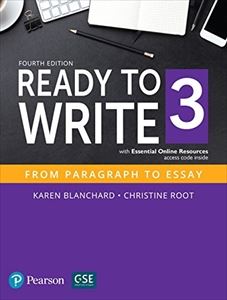
- Teacher: Jason Adachi
|
Many students who take introductory economics course have difficulty seeing the relevance of the key concepts of opportunity cost, trade-off, scarcity, demand, and supply to their lives and their careers. This reduces the willingness of many students to prepare for class and activities to be engaged during the class. With this course, we show the students how to apply economic thinking through three unifying themes (optimization, equilibrium, and empiricism) creatively to improve their work, their choices and their daily lives. |
- Teacher: Won Kim
- Teacher: Mei Mukai
- Teacher: Riko Nagatomo
This is the moodle website for CE 3-4 advanced class in the spring of 2025. Here you can get links and downloads which you need for study and you can submit assignments. You will also need to register on the Worldlink website so as to do selected online assignments for Worldlink. Please let Ellen know if you have any questions or special requests!
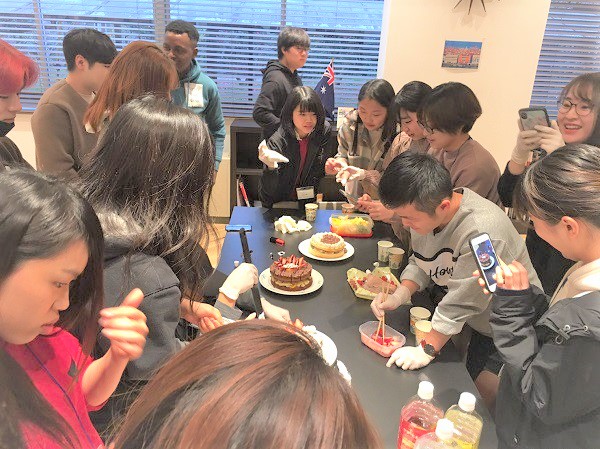
- Teacher: Ellen Head

- Teacher: Jason Adachi
- Teacher: Hironori Hayase
- Teacher: Debra Occhi
- Teacher: Marc Waterfield
In this students will learn about Japanese culture and social norms through discussions and activities. Theoretical knowledge will be increased and opportunities for practical application will be provided (see syllabus).
Students are also required to write reflections of course content and experiences (250 words per-class, 500 words per-week).
- Teacher: Jason Adachi
- Teacher: Marc Waterfield
- Teacher: Won Kim
- Teacher: Takamasa Kurogi
- Teacher: Nanami Momiki
This is the moodle for the advanced speaking course with Ellen, which will cover discussion, debate and presentation skills for second year TC students.

- Teacher: Ellen Head
This introductory course will introduce students to major terminologies, trends, theories, and perspectives necessary to understand approaches to second language acquisition. Based on their
theory-informed understanding, students will describe and explain cognitive, individual, affective, and sociocultural
factors in second language acquisition and learning and explore culturally-inclusive ways of applying their
critical understanding to their prospective foreign
language teaching practices and specific points of intersection
- Teacher: Won Kim
- Teacher: Takamasa Kurogi
- Teacher: Nanami Momiki

